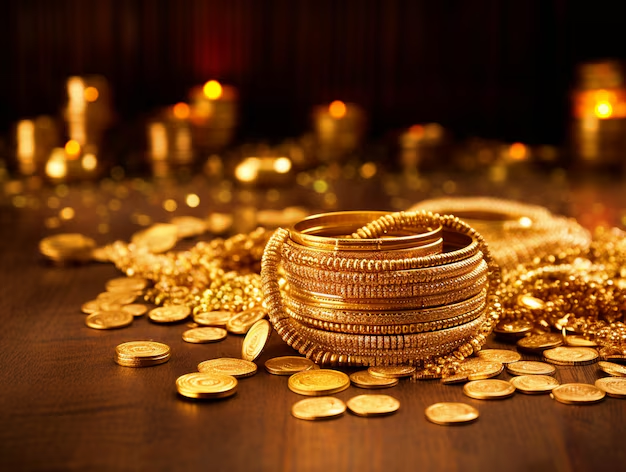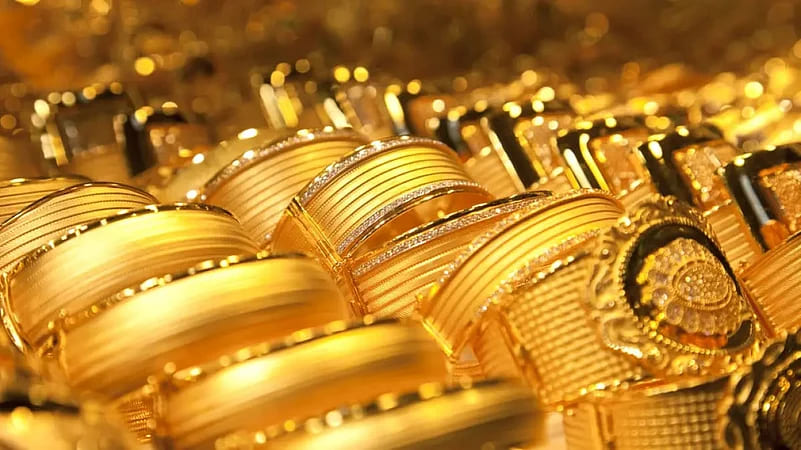Buying jewellery is more than just a purchase—it’s an investment of both money and emotion. Whether it’s gold, silver, or platinum, the purity of jewellery plays a huge role in its value and authenticity. Unfortunately, many buyers often overlook this step and end up with jewellery that is not worth the price they pay.
In this guide, we will explain the importance of jewellery purity, the different methods to verify it, and practical tips to ensure you make a safe and informed purchase.
Why Jewellery Purity Matters
Jewellery purity determines the actual amount of precious metal present in the ornament. For example, when you buy gold jewellery, you may think you are getting pure gold. However, in most cases, gold is mixed with other metals like copper or silver to improve strength and durability.
Without checking purity, you risk paying for more gold than you actually receive. This not only affects your investment but also the resale value of the piece.
Understanding Purity Standards in Jewellery
Different metals have their own measurement systems for purity. Knowing these basics helps you make smarter choices when buying.

Gold Purity
Gold purity is usually measured in karats (K).
- 24K Gold – 99.9% pure, very soft and rarely used for jewellery.
- 22K Gold – 91.6% pure, commonly used in jewellery, especially in India.
- 18K Gold – 75% pure, popular for diamond-studded jewellery.
- 14K Gold – 58.3% pure, durable and often used for daily wear.
The higher the karat, the purer (but softer) the gold.
Silver Purity
Silver is often sold as sterling silver, which is 92.5% pure silver mixed with other metals like copper for strength. Look for the “925” stamp when buying silver jewellery.
Platinum Purity
Platinum jewellery generally contains 95% pure platinum. It is marked with a “Pt” or “950” stamp.
How to Check Jewellery Purity Before Buying
Now that you understand the basics, let’s explore practical ways to verify jewellery purity before making a purchase.
1. Look for Hallmark Certification
The most reliable way to confirm jewellery purity is to check for a hallmark.
- In India, the BIS (Bureau of Indian Standards) Hallmark certifies gold and silver purity.
- Internationally, hallmarking agencies include the London Assay Office (UK) and U.S. Assay Office.
A hallmark typically includes:
- Purity in karat or fineness (e.g., 22K or 916)
- Hallmarking agency logo
- Jeweller’s identification mark
If the jewellery lacks hallmark certification, think twice before buying.
2. Verify with a Purity Testing Machine
Many reputed jewellers have XRF (X-ray Fluorescence) machines that can quickly test the purity of jewellery without damaging it. You can request this test before finalizing your purchase.
3. Use the Touchstone Test
A traditional method involves rubbing gold on a black touchstone and applying nitric acid to check the reaction. However, this is not widely used by customers today since it can leave slight marks on jewellery.
4. Check the Weight and Price
Always cross-check the weight of the jewellery with the price quoted. If the price seems too low for high-karat jewellery, it may not be genuine. Similarly, if the weight feels lighter than expected, impurities might be present.
5. Ask for a Bill with Purity Details
A genuine jeweller will provide an invoice mentioning:
- Purity of the metal (e.g., 22K, 18K, 925 Silver)
- Hallmark details
- Breakdown of price (metal weight, making charges, taxes)
If a jeweller hesitates to provide these details, it’s a red flag.
Common Mistakes Buyers Make
Even knowledgeable buyers can make mistakes when purchasing jewellery. Here are some to avoid:
- Not checking hallmarking – Many assume reputed stores always sell pure jewellery, but mistakes can happen.
- Focusing only on design – A beautiful design should not distract you from purity and quality checks.
- Skipping documentation – Buying without a proper bill can create issues during resale or exchange.
- Trusting too-good-to-be-true offers – Heavy discounts on gold or diamond jewellery often mean compromise on purity.
Tips for Safe Jewellery Shopping
A few smart practices can help you avoid scams and ensure you get genuine jewellery.
Buy from Reputed Jewellers
Well-established jewellers are more likely to follow standard purity testing and hallmarking practices.
Always Ask for Purity Testing
Even in trusted stores, don’t hesitate to ask for a purity test if you are making a big purchase.
Keep All Documentation
Invoices, hallmark certificates, and warranty cards can help protect your investment and make future resale easier.
Stay Updated on Gold and Silver Rates
Knowing the current market price of gold and silver will help you understand if you are being charged fairly.
The Role of Awareness in Jewellery Purchases
Ultimately, verifying jewellery purity is about being an informed buyer. The more you know, the harder it is for anyone to take advantage of you. By paying attention to hallmarks, documentation, and testing, you not only protect your money but also ensure that the jewellery you buy is a genuine treasure.
Read Also : How to Mix and Match Jewellery for a Stylish Look
Conclusion
Jewellery is often purchased for special occasions like weddings, anniversaries, and festivals. These pieces are not just ornaments but also hold emotional and financial value. That’s why verifying purity before buying is crucial.
Always check for hallmark certification, insist on proper bills, and choose reputed jewellers. When in doubt, ask for a purity test. By following these simple but effective steps, you can make sure your jewellery is as precious as the moments it represents.

